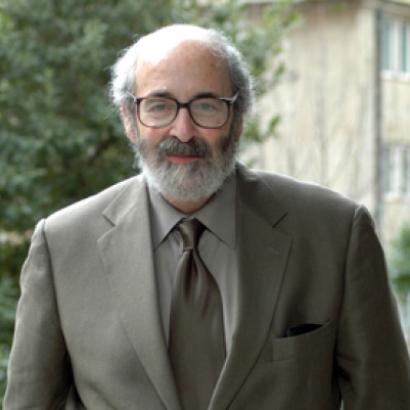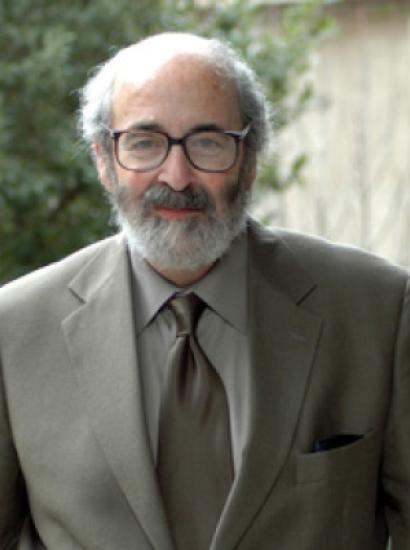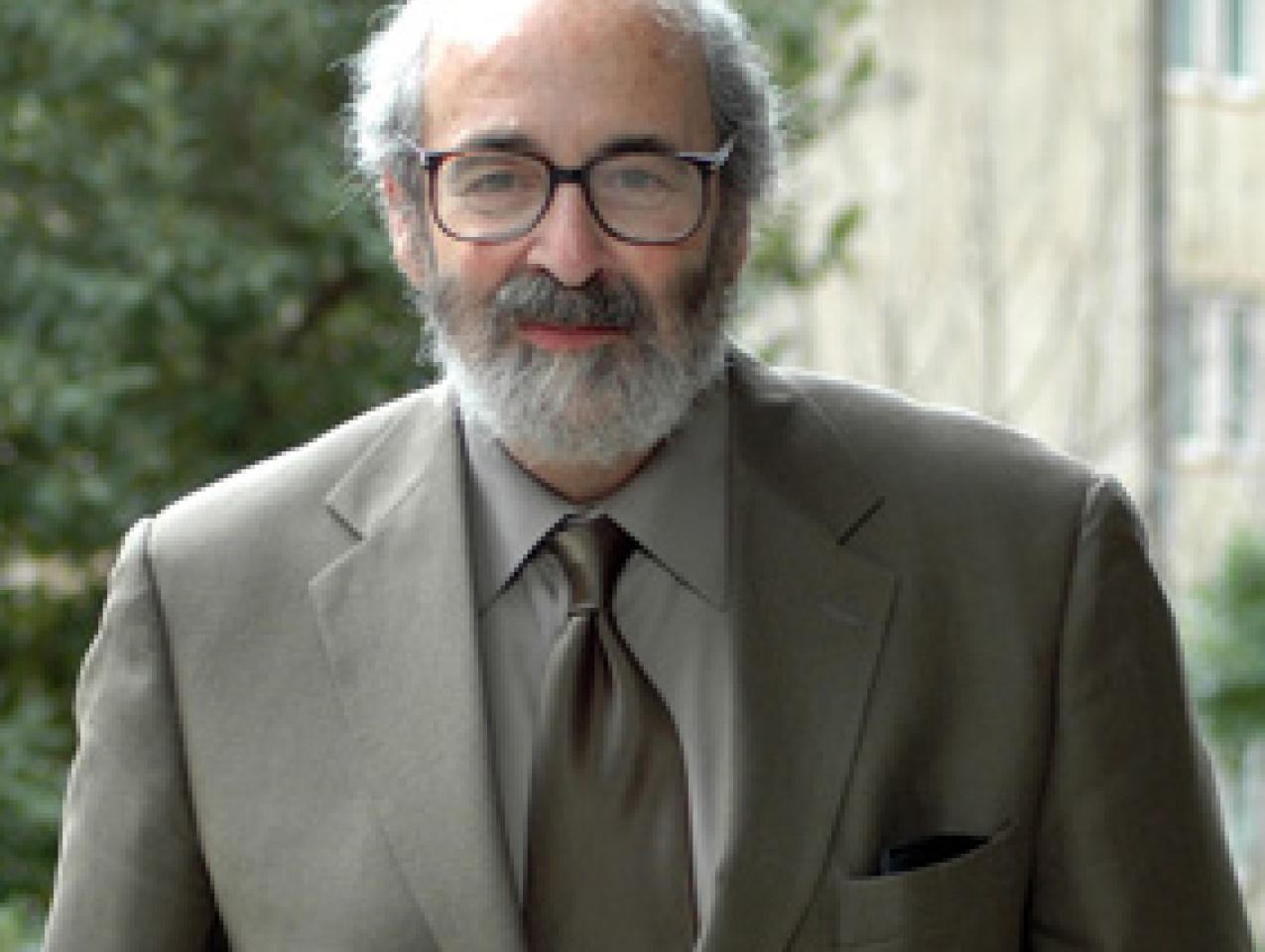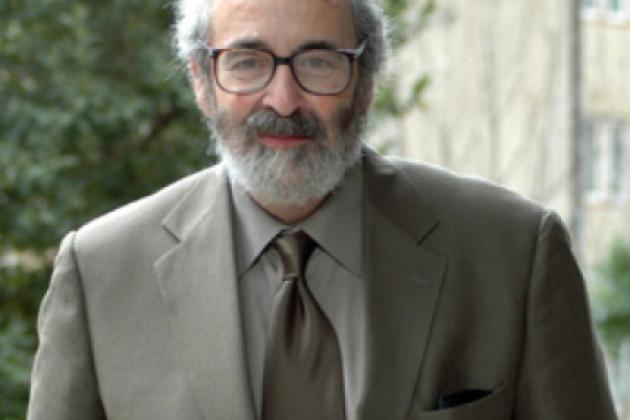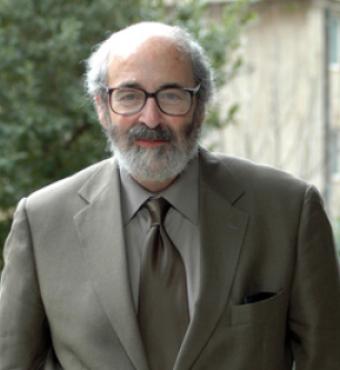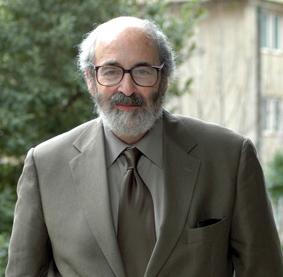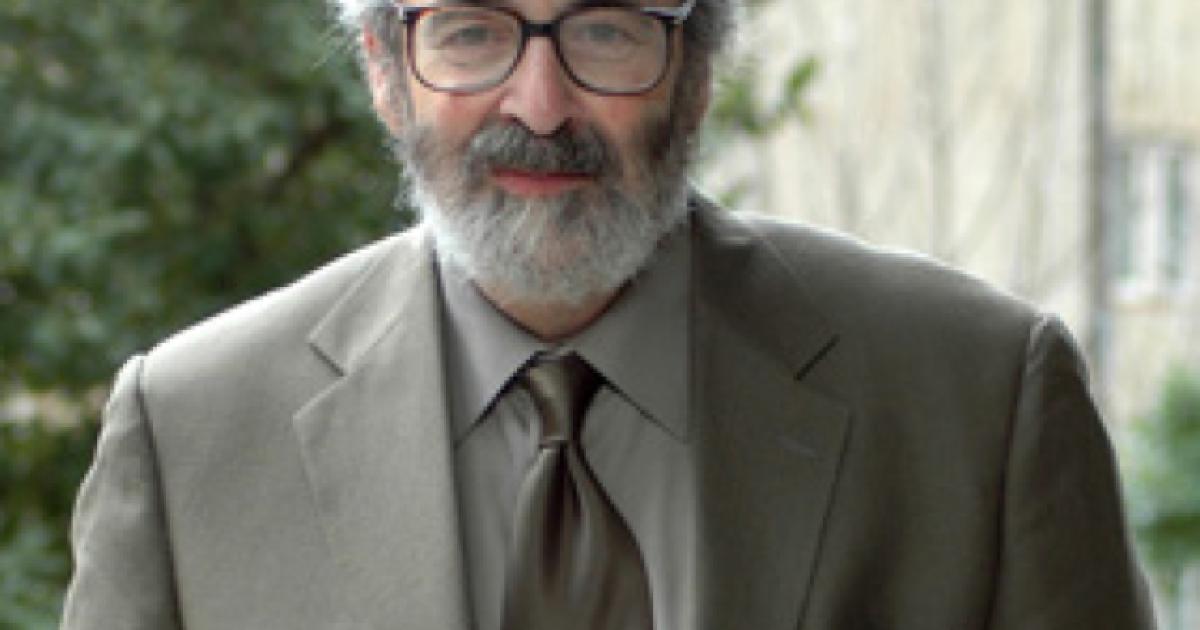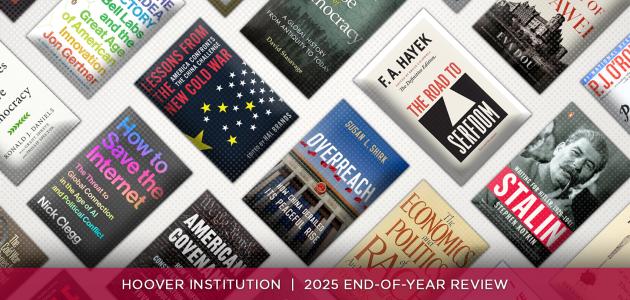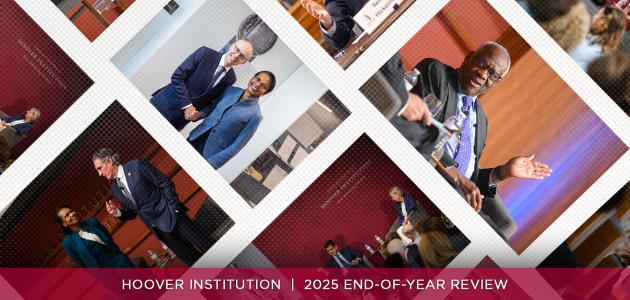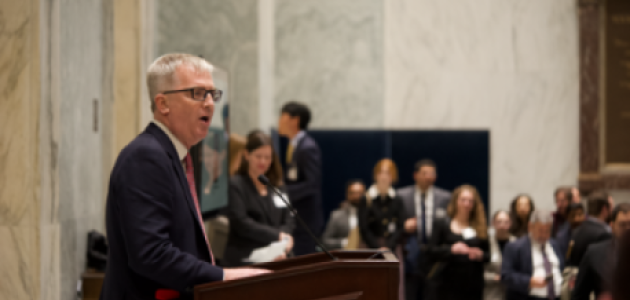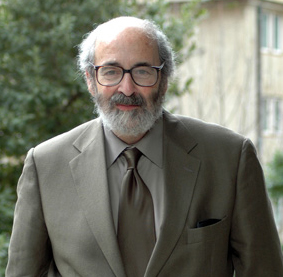
The Hoover Institution hosted the Wine Country Conference during May 18–19, 2011, at the Carneros Inn in Napa, California. The conference began with a reception and dinner featuring Alan Charles Kors, the Henry Charles Lea Professor of European History at the University of Pennsylvania, on “The Betrayal of Liberty and Intellectual Diversity on America’s Campuses.” In his remarks, Kors stated that “most universities promise academic freedom but deliver oppression and harassment” and that “a nation that educates in contempt of diversity will not preserve it.” He has won numerous awards for scholarship, teaching, and the defense of academic freedom, including a National Humanities Medal in 2004 and a Bradley Prize in 2008.
Speakers at Thursday’s session included Hoover senior fellows Gary S. Becker, John B. Taylor, Shelby Steele, Fouad Ajami, and Victor Davis Hanson, all of whom are also Bradley Prize winners. The Bradley Prizes formally recognize individuals of extraordinary talent and dedication who have made contributions of excellence in areas consistent with the Lynde and Harry Bradley Foundation’s mission. John Raisian, the Tad and Dianne Taube Director of the Hoover Institution, noted that the Bradley Prize is relatively new (first awarded in 2004) yet is widely viewed as one of the most prestigious annual awards made to practitioners in academia, public policy research, journalism, civic affairs, and the arts. He went on to proudly note that ten Hoover fellows have received the Bradley Prize. Michael Grebe, chief executive officer of the Bradley Foundation, remarked that “we celebrate the accomplishments of a remarkable group of people and, perhaps more important, the values of these people.” Bradley Prize winners demonstrate that a single person truly can make a difference.
Becker’s speech, titled “Human Capital and Growth: Is the United States Falling Behind?” highlighted his view that economic growth is a driver to reduce the debt burden, requiring tax reform, limits on government spending, monetary stability, regulation, and investment in innovation and human capital. Taylor, who spoke on “The Debate over US Monetary Policy,” called for “making the mandate of the Fed more precise than current, with a three-tiered protocol including price stability, low unemployment, and low long-term interest rates.” Steele addressed the upcoming presidential election in his speech, titled “Can the Republicans Beat Obama? Part Two,” in which he portrayed President Obama as both “the man himself and the cultural icon.” Ajami’s speech, titled “Contagion: The Arab Revolutions and Their Harvest,” discussed relationships among Arabs. Hanson talked about the connection among three influential people in his speech, “Winning Lost Wars: Sherman, Ridgway, and Petraeus.”







